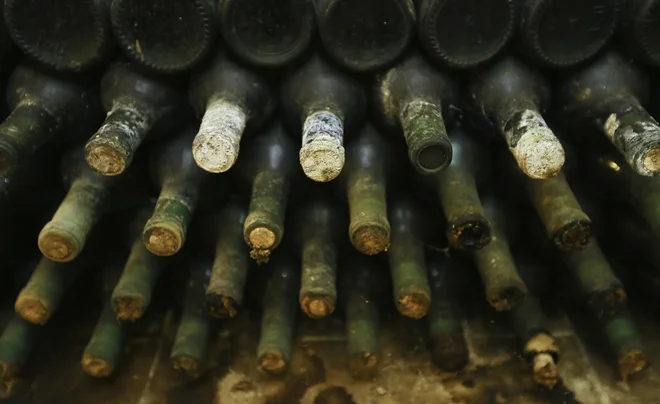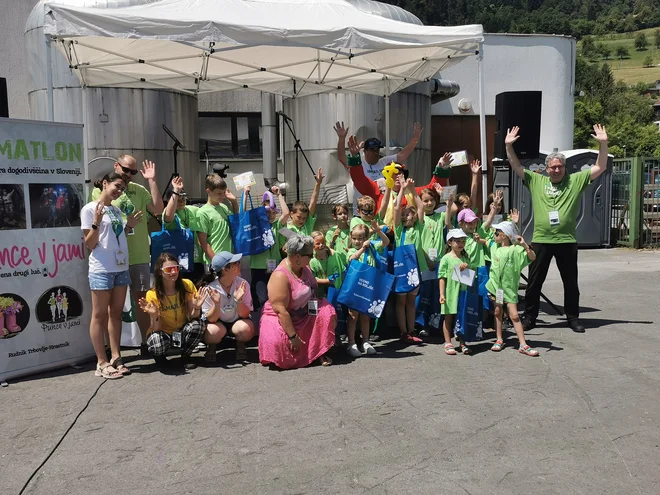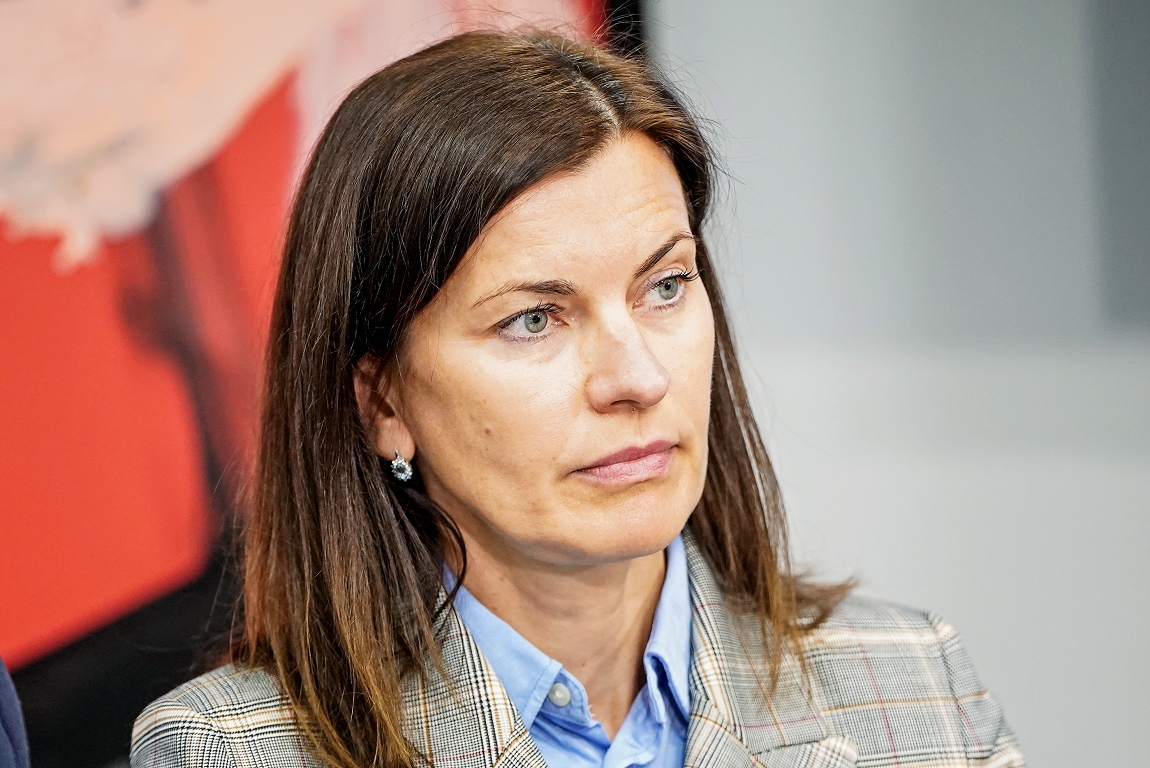In wines discovered hazardous chemicals

Increasing wine contamination with trifluoroocetic acid (TFK) in Europe has become worrying, according to research by Pesticide Action Network Europe (PAN Europe). Analysis of 49 bottles of wine from ten European countries showed a significant increase in TFK concentrations in wines produced after 1988. They had not detected in the TFK wines before this yearand in the wines produced after 2010, they recorded a steep increase in contamination.
Researchers included ten Austrian wine cellars from the 1988 and 16 wines purchased from Austrian supermarkets between 2021 and 2024. They found that older wines did not contain detectable TFK quantities, while wines after 2010 showed a significant increase in concentrations. The average TFK concentration in the latest wines has reached as much as 121 micrograms per liter, which is about 100 times more than average values previously measured in surface and drinking water.
The differences between conventional and organic wines are also important. The results showed that TFK concentrations in organic wines were lower than in conventional ones. However, organic wines also contained TFK, indicating the wider environmental presence of this chemical. Wines with the highest TFK concentrations also contained the most pesticide residues, confirming the link between pesticide use and TFK concentrations
Wine made before 1988 are not contaminated. Photo: Jože Suhadolnik/Work
PAN Europe called on the European Commission and EU Member States to ban PFAS (per- and polyphluoroalcyl) pesticides, as they are the main source of TFK. This is key to reducing further contamination of wine and other foods and for the protection of human and environmental health.
Hazardous chemicals
The main sources of TFK are pfas pesticides and fluorinated cooling gases. TFK is a degradation product of persistent chemicals that are often used in agriculture and industry. Fluorated cooling gases, also known as the F-PLINA, were used according to the 1987 Montreal Protocol, which forbidden the ozone of thinner substances such as chlorofluorooglic (CFC).
A study conducted in southern Germany also showed a significant increase in TFK concentrations in groundwater on agricultural land compared to other types of soil use. This indicates that the agricultural use of PFAS pesticides contributes significantly to the contamination of water.
TFK health risks have become more obvious in recent years. Although PFAS manufacturers have long argued that TFK is relatively harmless, recent studies have shown that it can cause serious health problems. Research on mammals has shown that TFK can affect reproductive health and cause embryos deformities. In 2021, the German Chemical Regulator suggested that TFK at European level be classified as a substance that is toxic to reproduction.
Pan Europe calls for an immediate ban of pfas pesticides, as they directly contribute to the contamination of the environment and food. It is also important to monitor TFA concentrations in foods and lead to protect human health and the environment.
Less than two weeks ago, the Dutch National Institute of Public Health and the Environment (RIVM) found that eggs from domestic, private breeding, ie those produced by hens in private households, may contain high PFAS levels.







